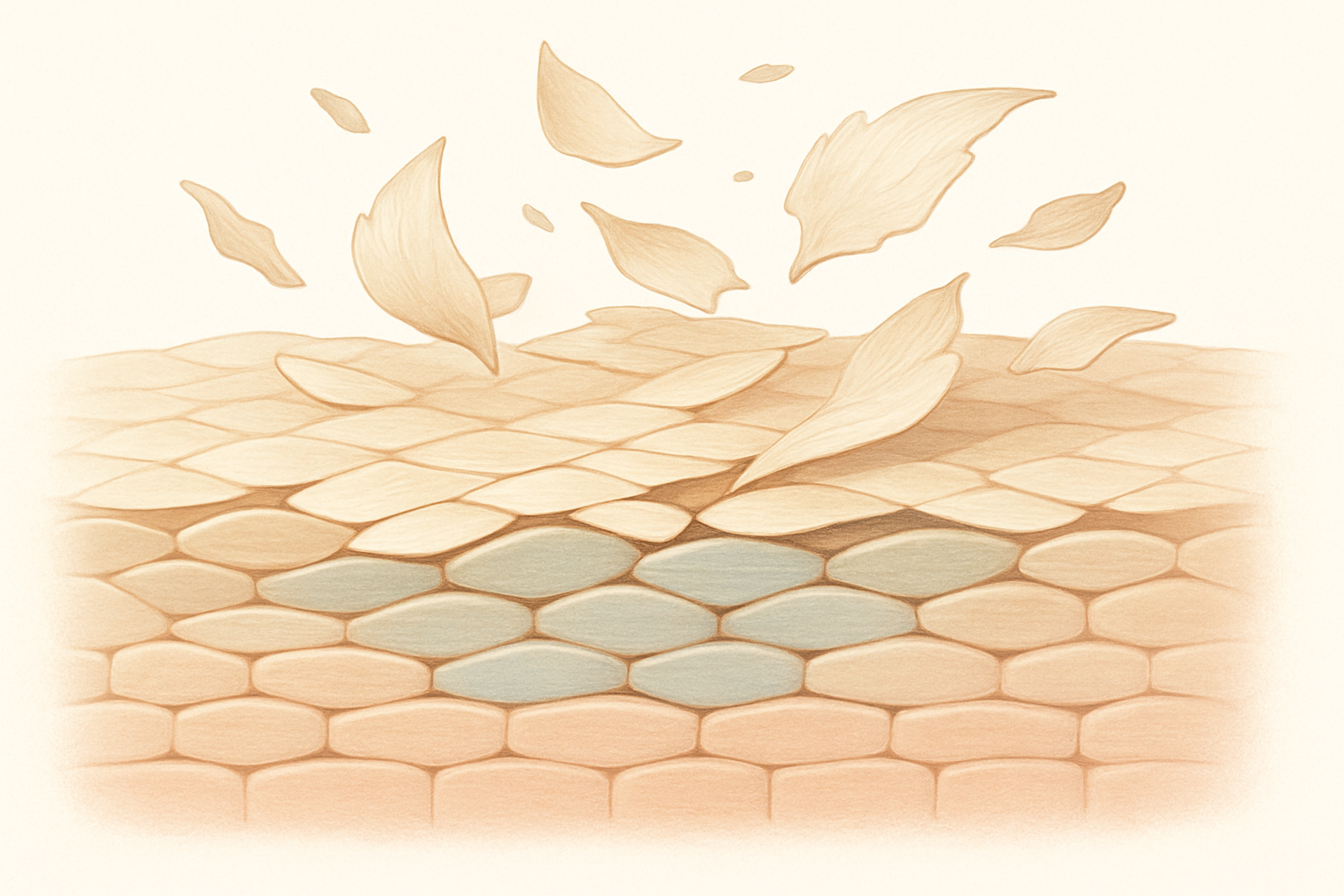If you’ve ever wondered “how often should I replace my mattress?” the answer may surprise you. Beyond sagging springs or lumps, one of the biggest hidden factors is your skin.
The average person sheds 8–10 pounds of dead skin cells every year—and much of it happens at night while you sleep. That skin doesn’t just disappear; it settles into your mattress, pillows, and bedding, creating the perfect environment for dust mites, allergens, and reduced sleep comfort.
Why Skin Shedding Impacts Your Mattress
-
Dust Mites & Allergies
Dust mites feed on dead skin cells. As they multiply inside your mattress, their droppings can trigger allergies, asthma, and respiratory irritation. If you wake up sneezing, congested, or with itchy eyes, your mattress may be to blame. -
Hygiene & Sleep Quality
Over time, layers of skin, sweat, and oils accumulate inside your bed. This buildup can reduce airflow, trap heat, and leave your mattress feeling less fresh and supportive. -
Longevity of the Mattress
A mattress clogged with skin cells and allergens degrades faster. The comfort layers lose resilience, making your bed less supportive long before it should be.
So, How Often Should You Replace Your Mattress?
Most experts recommend replacing your mattress every 7–10 years. However, if you suffer from allergies, asthma, or night sweats—or if you sleep with pets—you may need to replace it closer to 5–7 years.
Remember, even if your mattress looks fine on the outside, what’s happening inside can have a serious effect on your health and sleep quality.
How to Reduce Skin Shedding Issues in Your Mattress
-
Use a Mattress Protector – A breathable, organic protector blocks dead skin cells and moisture from seeping deep into your mattress.
-
Wash Bedding Frequently – Sheets and pillowcases should be washed weekly, while blankets and comforters need seasonal deep cleaning.
-
Choose Organic & Natural Materials – Organic latex mattresses naturally resist dust mites, mold, and bacteria better than synthetic foams.
Why an Organic Mattress Is Better for Allergies & Sleep Health
At NaturBed, we handcraft mattresses in Los Angeles using only organic latex, organic cotton, and wool. These natural materials:
-
Repel dust mites and allergens better than synthetics
-
Provide superior breathability and temperature regulation
-
Last longer, with consistent comfort and support
-
Offer a non-toxic, chemical-free sleep environment
When you invest in an organic mattress, you’re not just buying a bed—you’re protecting your health, improving your sleep, and keeping allergens at bay for years to come.


Compartir:
Microplastics in Mattresses: The Hidden Health Risk & Why Organic Is Better